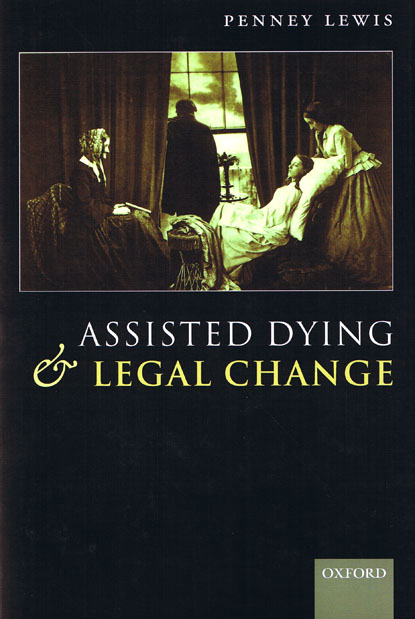
This book looks comparatively at the process of legalization of euthanasia and assisted suicide and its effects, examining how the way in which assisted dying is legalized affects the kind of regime that is produced. It suggests that the experience of one jurisdiction cannot readily be translated to another, arguing for a subtler understanding against the backgrounds of diverse legal and political cultures. This examination suggests that greater caution is needed before relying on the experience of one jurisdiction when discussing proposals for regulation of assisted dying in others, and the possible consequences of such regulation. The book seeks to demonstrate the need to explore the legal environment in which assisted dying is performed or proposed in order to evaluate the relevance of a particular legal experience to other jurisdictions.
The book begins with an examination of the unsuccessful attempts to use constitutionally entrenched human rights claims to challenge criminal prohibitions on assisted suicide which reached the highest courts in the United States, Canada and Europe. Their failure makes legalization through a rights-based claim unlikely in any major common law or European jurisdiction. Alternative routes towards legalization are then discussed, including the defence of necessity, by which euthanasia was effectively legalized in the Netherlands and an approach based on compassion which has been proposed in France, as well as the legislative approaches which have been taken in Oregon, Belgium and the Northern Territory of Australia. All of these approaches are compared in some detail, with particular attention paid to the effectiveness and transferability of the ubiquitous slippery slope arguments